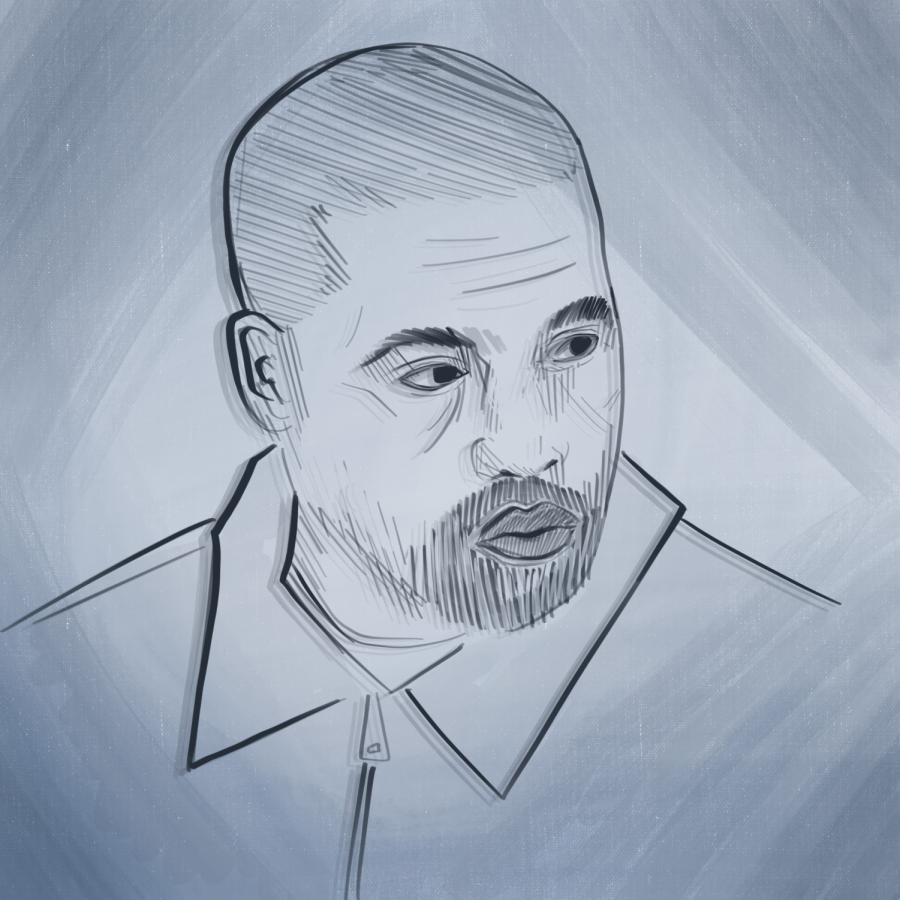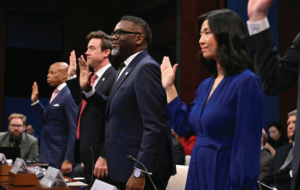Kanye West and the Invisible Black Mental Health Crisis
March 14, 2023
Kanye West is an American rapper, record producer, and fashion designer. He is widely regarded as one of the most influential musicians of the 21st century, having won numerous awards and accolades for his work. To follow the dizzying madness of the world of Kanye West is an emotional rollercoaster, fraught with disappointment and dread. West has always been an influential and innovative yet polarizing figure. Despite this, he has managed to cement himself as a titan of hip-hop during the 2000s and 2010s. He has also made headlines for his outspoken personality and controversial remarks.
Recently, many people have criticized certain lyrics, music videos, and tweets that seem to promote anti-Semitic stereotypes and sentiments. However, others argue that these incidents are being taken out of context or misrepresented. Kanye West’s bombshell appearance on Alex Jones’ podcast where he praised Hitler and professed that “[he] see[s] good things about Hitler” left social media in a frenzy.
Another recent incident where he posted a tweet declaring that he was, “Going defcon 3 on Jewish people” drew widespread criticism and led to the removal of West from Twitter and the loss of several partnerships, most notably with Adidas. While addressing Kanye’s belligerent and erratic behavior, we walk a narrow line of empathy. Anti-semitism has a long and painful history and has been a driving force behind numerous acts of historical violence and oppression. When people, especially celebrities, make anti-semitic remarks, they not only harm Jewish individuals and communities but also contribute to a wider culture of prejudice and intolerance. Kanye’s tweets have, without question, inspired acts of violence and discrimination.
That being said, Kanye is symbolic of a greater phenomenon within society, one that perpetuates shallow attitudes prompts intense media scrutiny and denies black men the process of being human, which is flawed. Celebrity culture remains a pervasive force, exclusively valuing beauty, success, and popularity while disregarding the humanity of famous figures. Kanye West continues to challenge conventions, push boundaries, and influence other artists and cultural figures. Criticisms of West’s behavior, although often coming from a place of sympathy towards those affected by his words, usually do not properly address his struggles.
Black people in the United States face systemic and cultural barriers in accessing quality mental health treatment, and the health struggles of black men in America are frequently ignored. A culture of hiding struggle contributes to only 25% of black people seeking mental health care when needed, as opposed to 40% of white people.
West has publicly spoken about his struggles with mental health, including experiences with bipolar disorder. It is evident that there is something fundamentally different in how we respond to black mental illness: when a black man displays sporadic and unstable behavior, comes forward and articulates that it is a result of his fluctuating mental condition; the media publicizes his outbursts, further polarizes him, and perpetually damages his reputation. It’s important to recognize how our culture undermines empathy and compassion by ignoring the complexities of people and even more important to recognize how we as individuals perpetuate that culture.
This article also appears in our February 2023 print edition.











